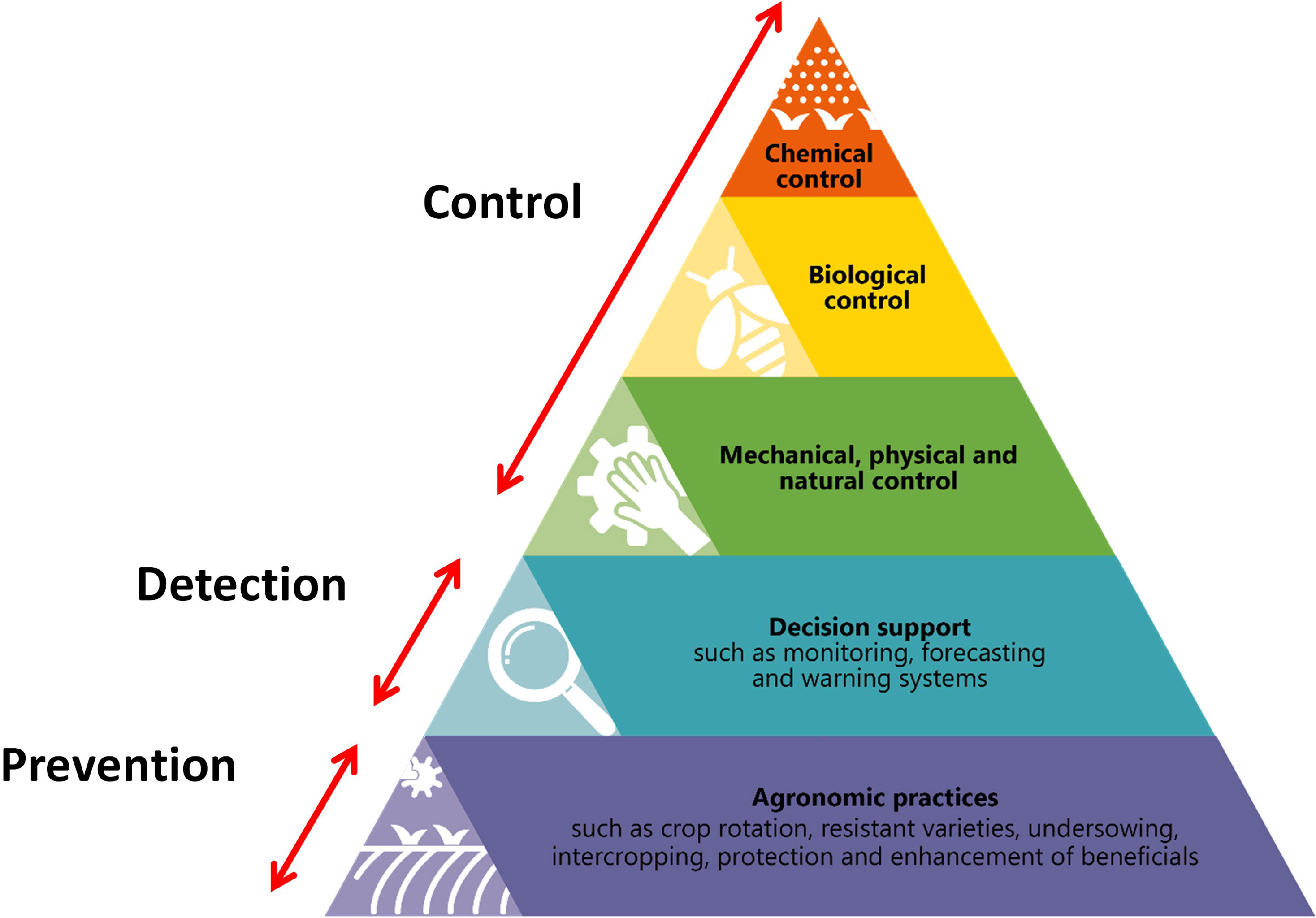Botanical Pest Prevention: Natural Methods for Effective Control


Harnessing the Power of Botanical Pest Prevention
Botanical Pest Prevention Methods have gained popularity as an eco-friendly and effective approach to managing pest issues. Unlike traditional methods that rely on synthetic chemicals, botanical methods use plant-based solutions to deter and control pests. Explore how these natural methods can be a game-changer in pest prevention for homes and gardens.
Understanding Botanical Pest Repellents
Botanical pest repellents leverage the natural properties of certain plants to keep pests at bay. Essential oils extracted from plants like peppermint, citronella, and neem are known for their insect-repelling qualities. These botanical ingredients disrupt the pests’ sensory mechanisms without posing harm to humans, pets, or the environment.
Non-Toxic Solutions for Indoor Pest Control
One advantage of Botanical Pest Prevention Methods is their applicability indoors without the worry of toxic residues. Essential oil-based sprays and diffusers offer a non-toxic way to repel pests like mosquitoes, ants, and flies. This allows for effective pest management while maintaining a safe and healthy indoor environment.
Garden-Friendly Botanical Pest Controls
In gardens, botanical methods play a crucial role in pest prevention without harming the ecosystem. Neem oil, for instance, is a botanical pesticide that targets a variety of garden pests while being harmless to beneficial insects like bees and ladybugs. This selective targeting is a hallmark of botanical pest prevention, ensuring a balanced and thriving garden.
The Role of Companion Planting
Companion planting is a botanical pest prevention strategy that involves growing certain plants together to deter pests. For example, planting marigolds alongside vegetables can help repel nematodes, while basil may protect tomatoes from certain pests. This natural and symbiotic approach minimizes the need for chemical interventions.
Home in Harmonia’s Botanical Pest Prevention Solutions
For those seeking reliable Botanical Pest Prevention Methods, Home in Harmonia offers a range of eco-friendly and effective solutions. Their commitment to botanical methods aligns with a holistic approach to pest prevention that prioritizes both the well-being of the environment and those living in it.
Balancing Effectiveness and Environmental Responsibility
Botanical Pest Prevention strikes a balance between effectiveness and environmental responsibility. Unlike synthetic pesticides that may lead to pesticide resistance and harm non-target organisms, botanical methods offer a sustainable and harmonious way to manage pests. This approach is crucial for maintaining biodiversity and ecological balance.
Community Education for Sustainable Pest Management
Educating communities about the benefits of Botanical Pest Prevention is essential for widespread adoption. By raising awareness about the effectiveness and safety of botanical methods, communities can collectively contribute to sustainable pest management practices. This shared knowledge empowers individuals to make informed choices for a healthier living environment.
Integrating Botanical Methods into Daily Life
Implementing Botanical Pest Prevention Methods into daily life is simple and effective. From using essential oil diffusers indoors to incorporating companion plants in gardens, these methods can be seamlessly integrated. As more individuals embrace botanical approaches, the cumulative impact contributes to a shift towards sustainable pest management on a larger scale.
Conclusion
In conclusion, Botanical Pest Prevention Methods offer a natural and sustainable alternative to traditional pest control. The power of plants can be harnessed to deter pests effectively without compromising the environment or the well-being of residents. Choosing botanical methods, exemplified by Home in Harmonia, is a step towards a greener and healthier approach to pest prevention in homes and gardens.








